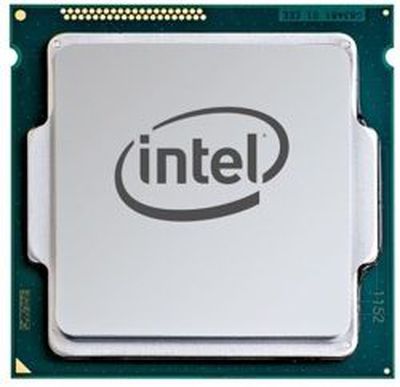 Intel today announced that the firmware updates and software patches that are being released for its CPUs render Intel-based computer systems "immune" to both the Spectre and Meltdown exploits that were widely publicized this week.
Intel today announced that the firmware updates and software patches that are being released for its CPUs render Intel-based computer systems "immune" to both the Spectre and Meltdown exploits that were widely publicized this week.
Intel has developed and is rapidly issuing updates for all types of Intel-based computer systems -- including personal computers and servers -- that render those systems immune from both exploits (referred to as "Spectre" and "Meltdown") reported by Google Project Zero. Intel and its partners have made significant progress in deploying updates as both software patches and firmware updates.
Intel says updates have been issued for the majority of Intel processor products introduced within the past five years, and by the end of next week, more than 90 percent of processor products from the last five years will be patched.
For Mac users, Apple has already addressed some of the vulnerabilities in the macOS High Sierra 10.13.2 update, and further updates will come in macOS High Sierra 10.13.3. To make sure you're protected as a Mac user, install all of the latest operating system updates and firmware patches. As always, it's also worth avoiding suspicious programs, websites, and links.
Intel today also reiterated that the updates that are being released for Mac, PC, and Linux machines should not significantly impact day to day usage and should, for the most part, be unnoticeable. That seems to be true of the macOS High Sierra 10.13.2 update, as there have been no reports of slowdowns from Mac users.
Intel continues to believe that the performance impact of these updates is highly workload-dependent and, for the average computer user, should not be significant and will be mitigated over time. While on some discrete workloads the performance impact from the software updates may initially be higher, additional post-deployment identification, testing and improvement of the software updates should mitigate that impact.
While hints of an Intel CPU design flaw and security vulnerability surfaced on Tuesday, it wasn't until Wednesday that full details were shared on the Meltdown and Spectre exploits, which take advantage of the speculative execution mechanism of a CPU.
Meltdown impacts Intel CPUs, allowing a malicious program to access data from the memory of running apps, providing passwords, emails, documents, photos, and more. Meltdown can be exploited to read the entire physical memory of a target machine, and it can be done through something as simple as a website. The vulnerability is particularly problematic for cloud-based services.
Spectre, which breaks the isolation between different applications, is a wider hardware-based problem impacting all modern Intel, ARM, and AMD processors. Spectre is harder to exploit than Meltdown, but it is also harder to mitigate.
While patches are going out that appear to prevent the current known Meltdown and Spectre exploits, these speculative execution vulnerabilities will continue to be a problem for years to come, according to security researchers. Similar vulnerabilities will surface, and while performance impacts from software-based workarounds are minor, they're still present.
Paul Kocher, one of the security researchers who helped discover the flaws, told The New York Times that this will be a "festering problem over hardware life cycles." "It's not going to change tomorrow or the day after," he said. "It's going to take awhile."





















